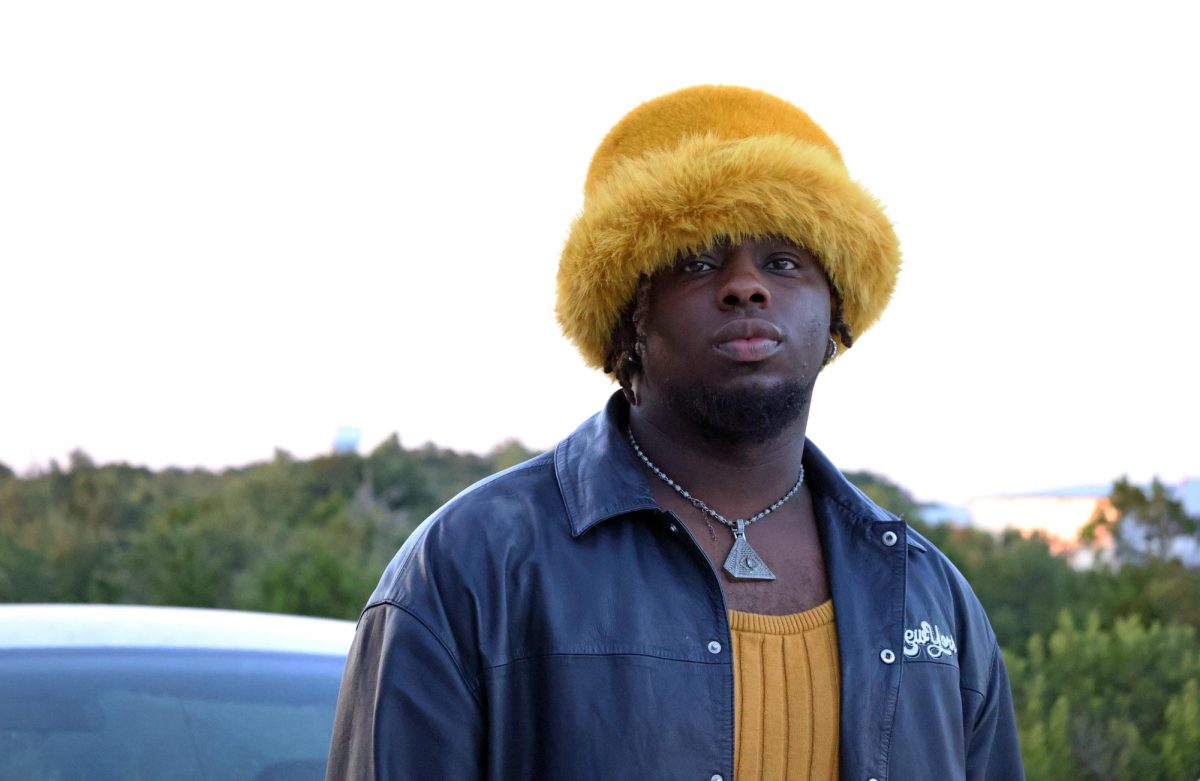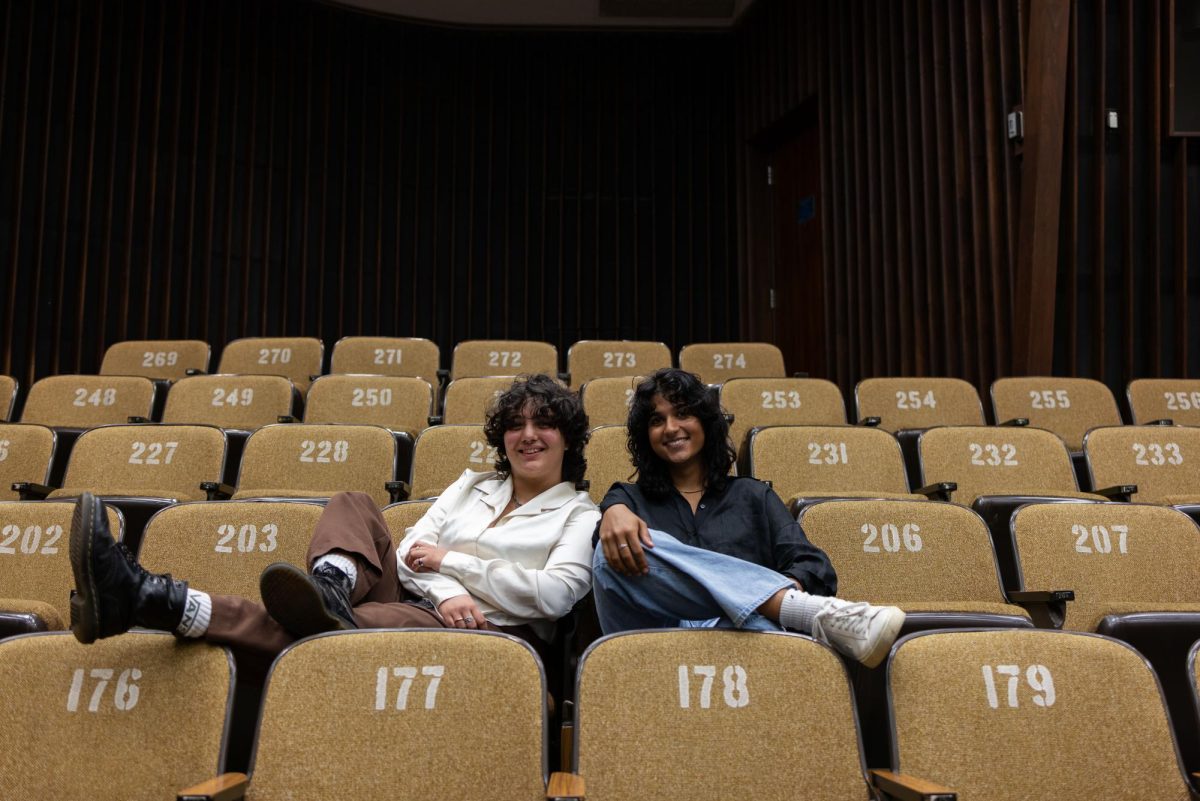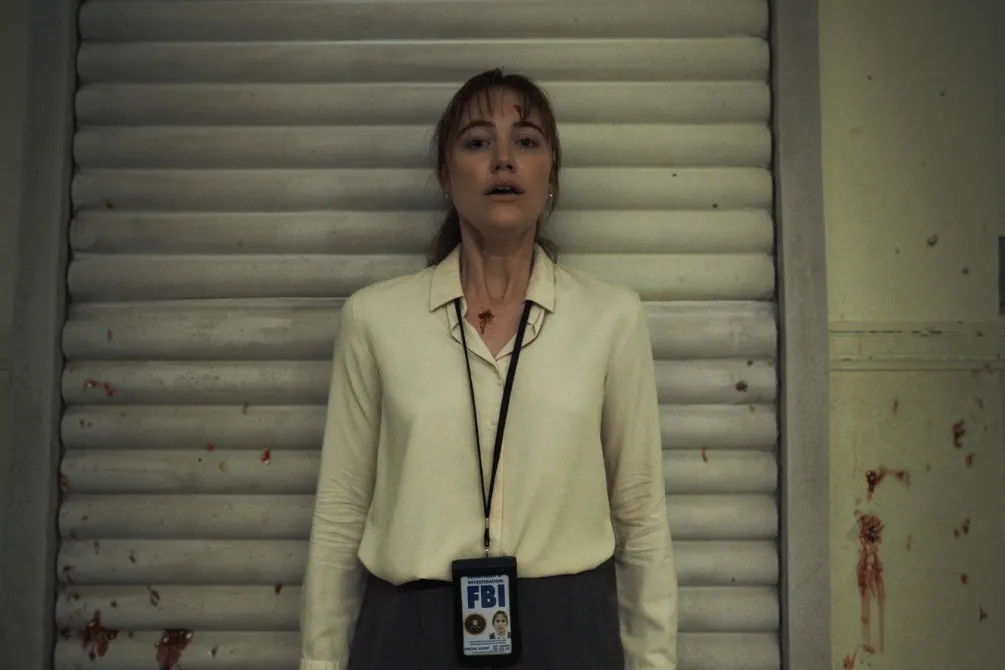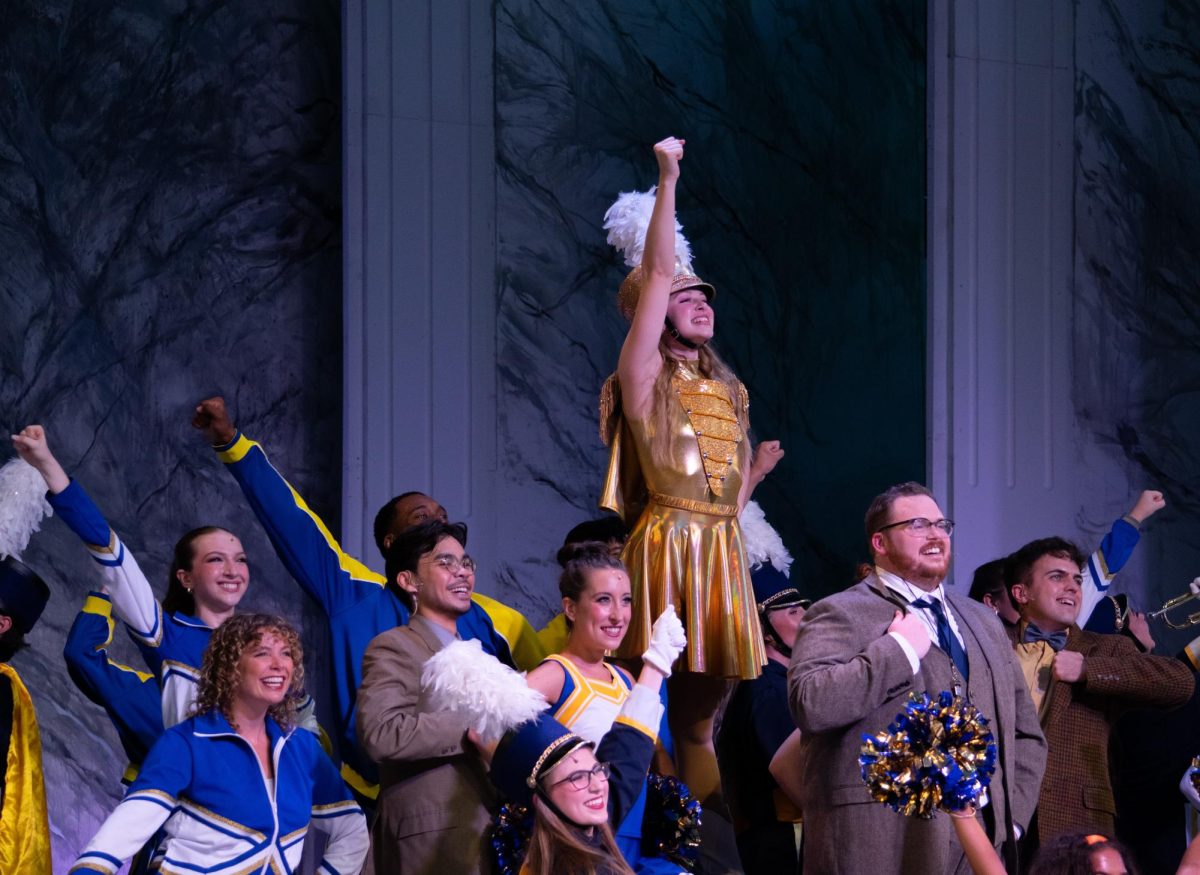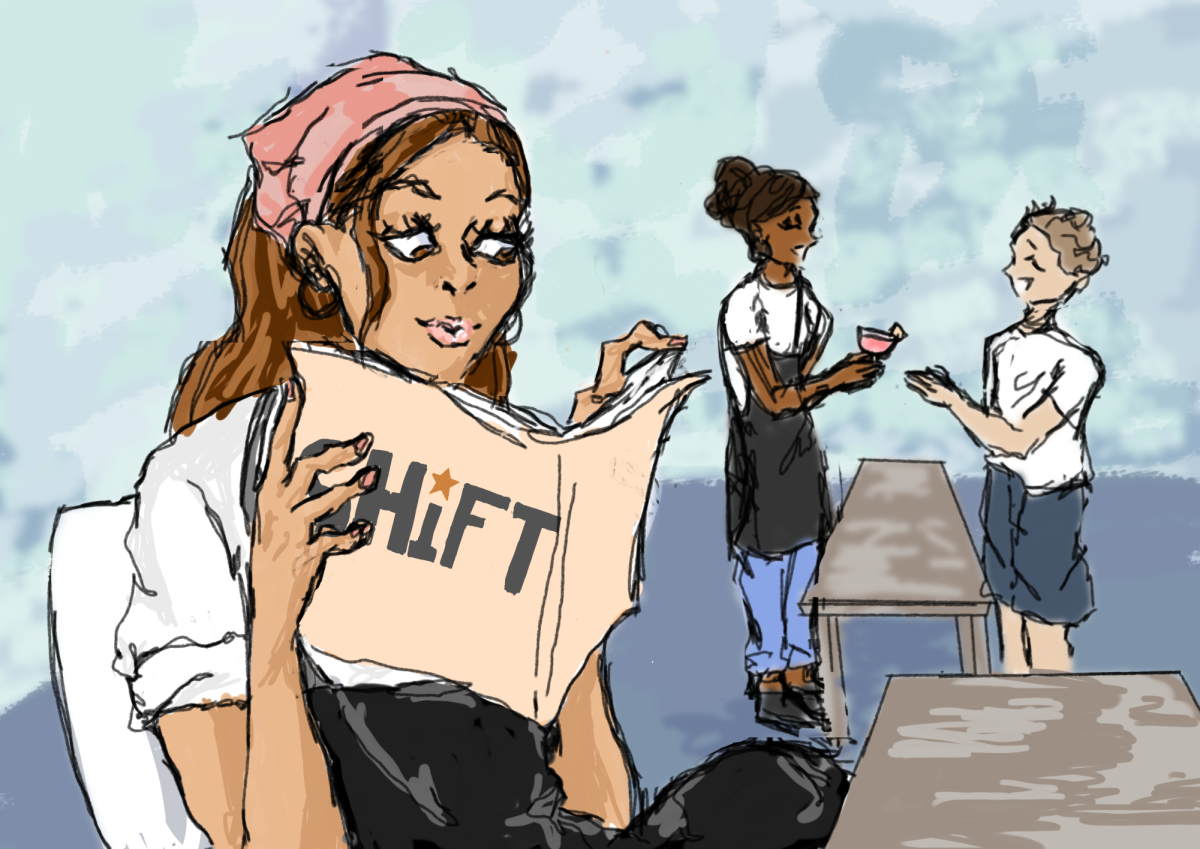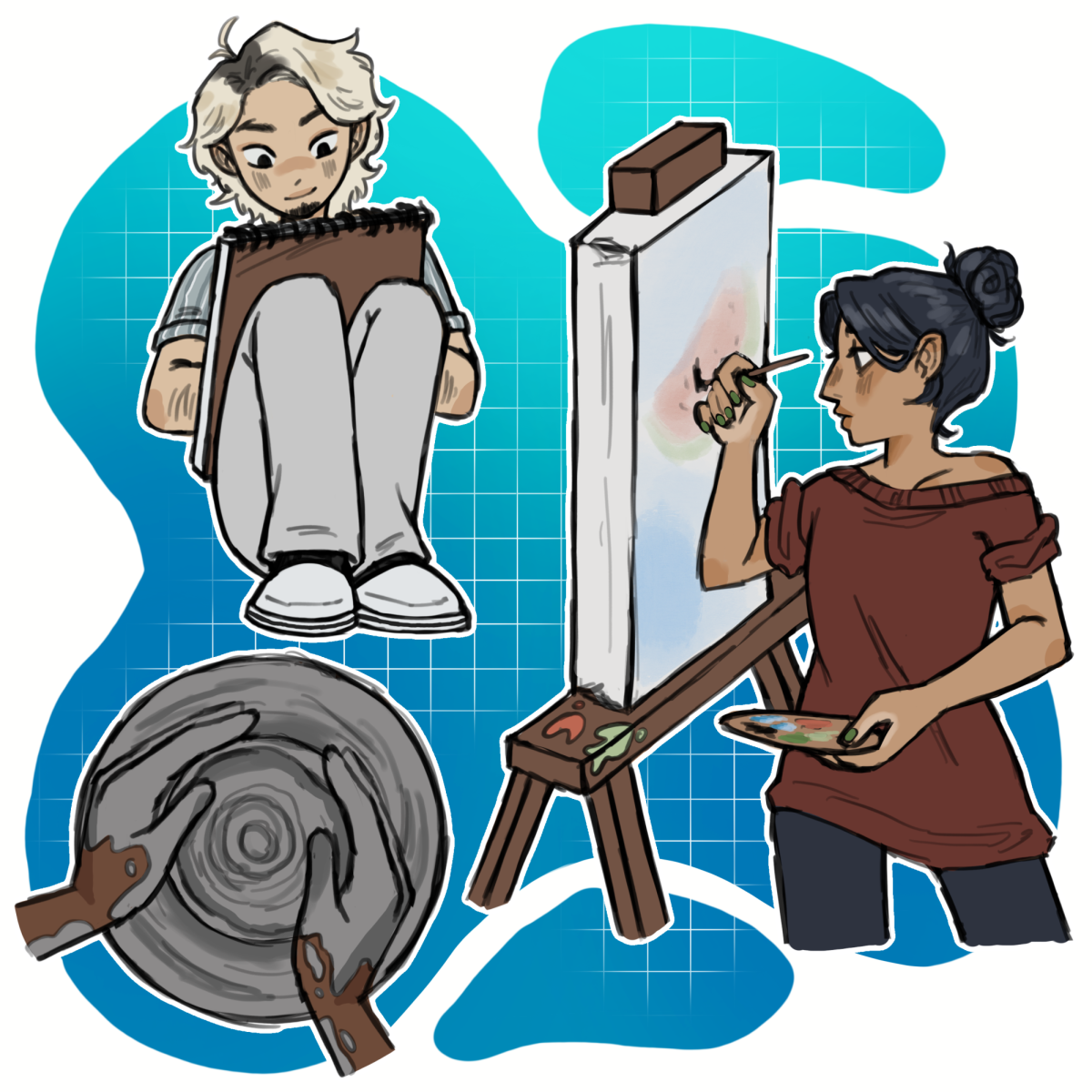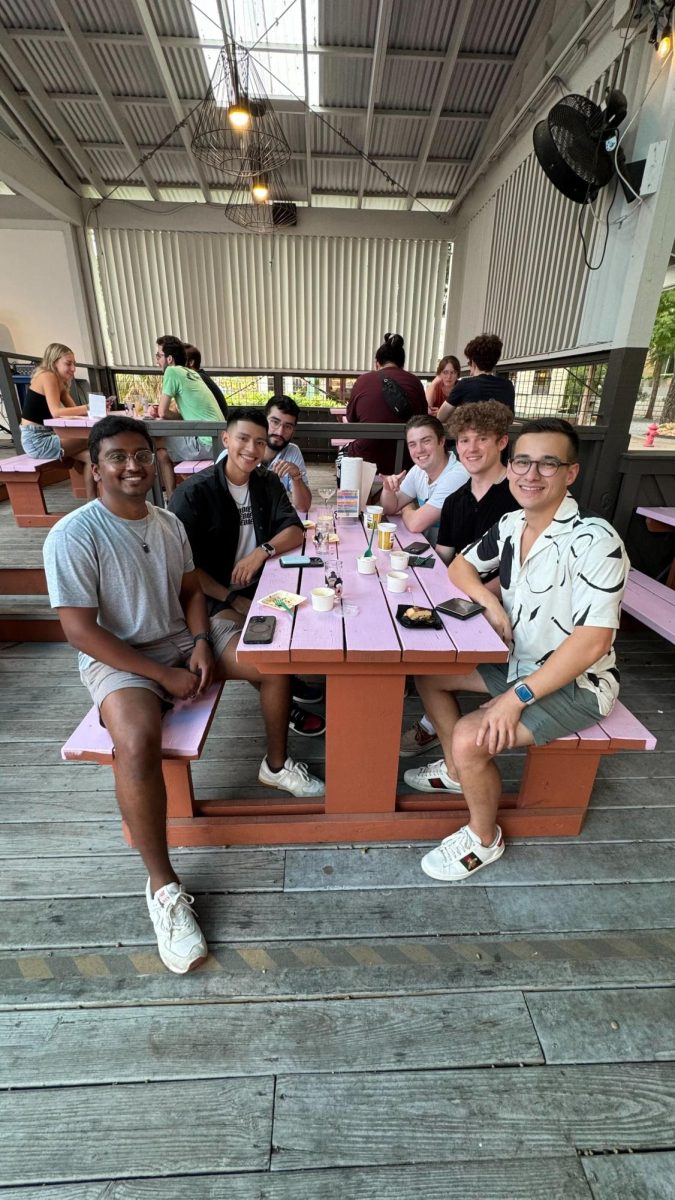Jonathan Franzen’s new collection of essays and speeches, “Farther Away,” is an uneven one. Much of it is marred by the writer’s excessive crankiness or weighed down by literary criticism of obscure novels. Nonetheless, at several points, his characteristic brilliance shines through.
The first piece of the collection, a commencement speech Franzen gave to Kenyon College’s class of 2011, is an interesting but unmoving polemic against the sleek usability of today’s technological gadgets, which are, to him, in opposition to the messy pain of love.
“When you consider the alternative [to pain] — an anesthetized dream of self-sufficiency abetted by technology — pain emerges as the natural product of being alive in a resistant world,” Franzen writes.
Though well-stated, the argument is unmoving. By the time Franzen delivers his eloquent variation on the classic line about embracing love and pain, he has established himself as such a crank that it’s hard to know if he really has the reader’s best interest in mind, or is only searching for a moral high-ground from which to whine at you about your Blackberry.
Fortunately, the grumpy Franzen takes a rest in the first essay of the collection, which is evocative and brutally honest.
Four months after the publication of his most recent book, “Freedom,” Franzen set out for Masafuera — in English, “Farther Away.” Masafuera is a “forbiddingly volcanic island” 500 miles off the coast of Chile that inspired the island where Daniel Defoe’s protagonist is shipwrecked in the classic novel “Robinson Crusoe.” On his trip, Franzen had the dual purpose of glimpsing the rare rayadito bird, and after months of delay, finally grieving the death of his dear friend, writer David Foster Wallace.
The essay begins with descriptions of Franzen’s ineffective attempts to immerse himself in the natural beauty of Masafuera, interspersed by musings on the literary significance of “Robinson Crusoe”. Then, as Franzen stands “spread eagled against a slippery rockface, in blinding rain and ferocious wind” in search of the rayadito, the infinitely complex subject of his late friend breaks into the conversation. Here, more than anywhere else in the collection, the penetrating psychological insight and brutal honesty that made “Freedom” a great novel emerges.
Franzen describes the “seemingly self-defeating decisions” Wallace made about his care in the year before his suicide and condemns the way the media simplified the story of his death, portraying him as martyr.
After several paragraphs of heart-wrenching honesty about Wallace, Franzen concludes that “throughout that year, the David whom I knew well and loved immoderately was struggling bravely to build a more secure foundation for his work and his life, contending with heartbreaking levels of anxiety and pain, while the David I knew less well, but still knew well enough to have always disliked and distrusted, was methodically plotting his own destruction and his revenge on those who loved him.”
If the Kenyon commencement address is the low point of the collection, then “Farther Away” is the high point. The rest of the collection neither dazzles nor disappoints. It includes literary criticism that will be interesting to those already interested in literary criticism, two long, well-written and perhaps overly-detailed essays about environmentalism and bird watching in China and the Mediterranean, Franzen’s speech from Wallace’s memorial service, and a number of shorter essays about Franzen’s life.
Franzen’s wit, talent and intelligence comes across in almost all of these essays, but one stills wonders if some of them could have been tossed or shortened.
Printed on Monday, April 30, 2012 as: Cranky collection neither dazzles nor disappoints




